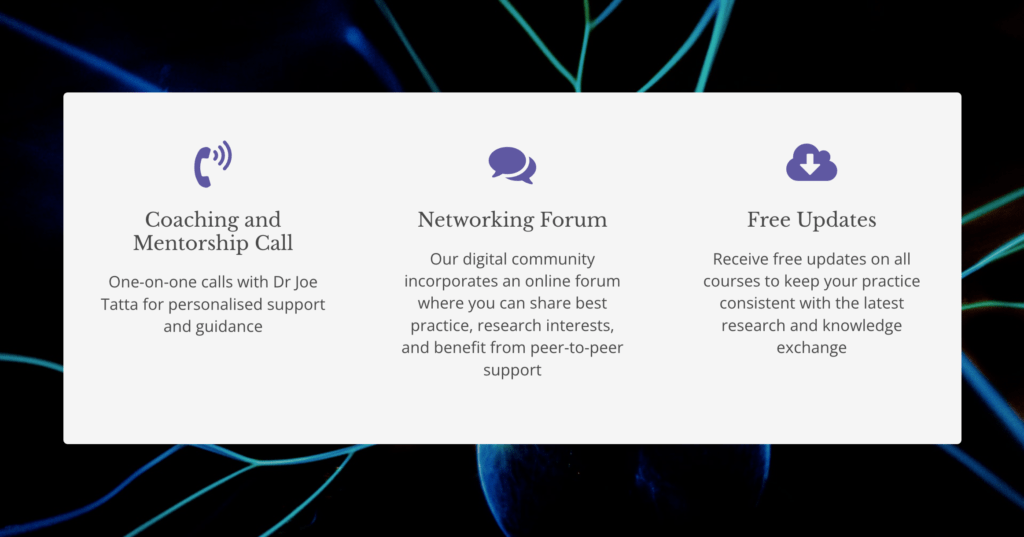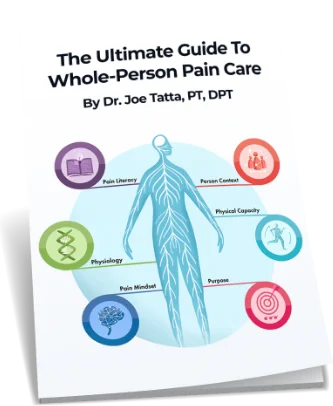Discuss the nature of acute and chronic pain, including individual variations in causes and consequences.
Explain how improved patient-provider communication reduces biological, psychological, social, and cognitive consequences of chronic pain.
Identify challenges in the treatment of chronic pain, such as insufficient research evidence, inadequate training for healthcare providers, and limited access to appropriate patient resources.
Describe the spirit and substance of motivational interviewing, a patient-centered collaborative communication strategy designed to enhance patient engagement, adherence, and behavioral outcomes.
Establish a strong rationale supporting the use of motivational interviewing (MI) when working with individuals who experience chronic pain, including the use of MI to address behavioral risk factors such as substance use, lack of adequate physical activity, and improper nutrition.
Apply components of social and behavioral theory, such as the Theory of Reasoned Action and the Transtheoretical Model of Human Behavior to identify patients’ readiness to change, as well as contextual barriers and facilitators of a healthy lifestyle using a biopsychosocial model of assessment, prevention and treatment of chronic pain.
Engage in collaborative dialogue with patients using motivational interviewing to assist individuals in developing a personalized action plan that includes specific behavioral goals, strategies to overcome challenges, additional resources and support, and schedules.
Provide appropriate feedback during client interactions by evaluating an individual’s commitment to change and eliciting and affirming self-efficacy, positive outcome expectations, and effective self-management.









